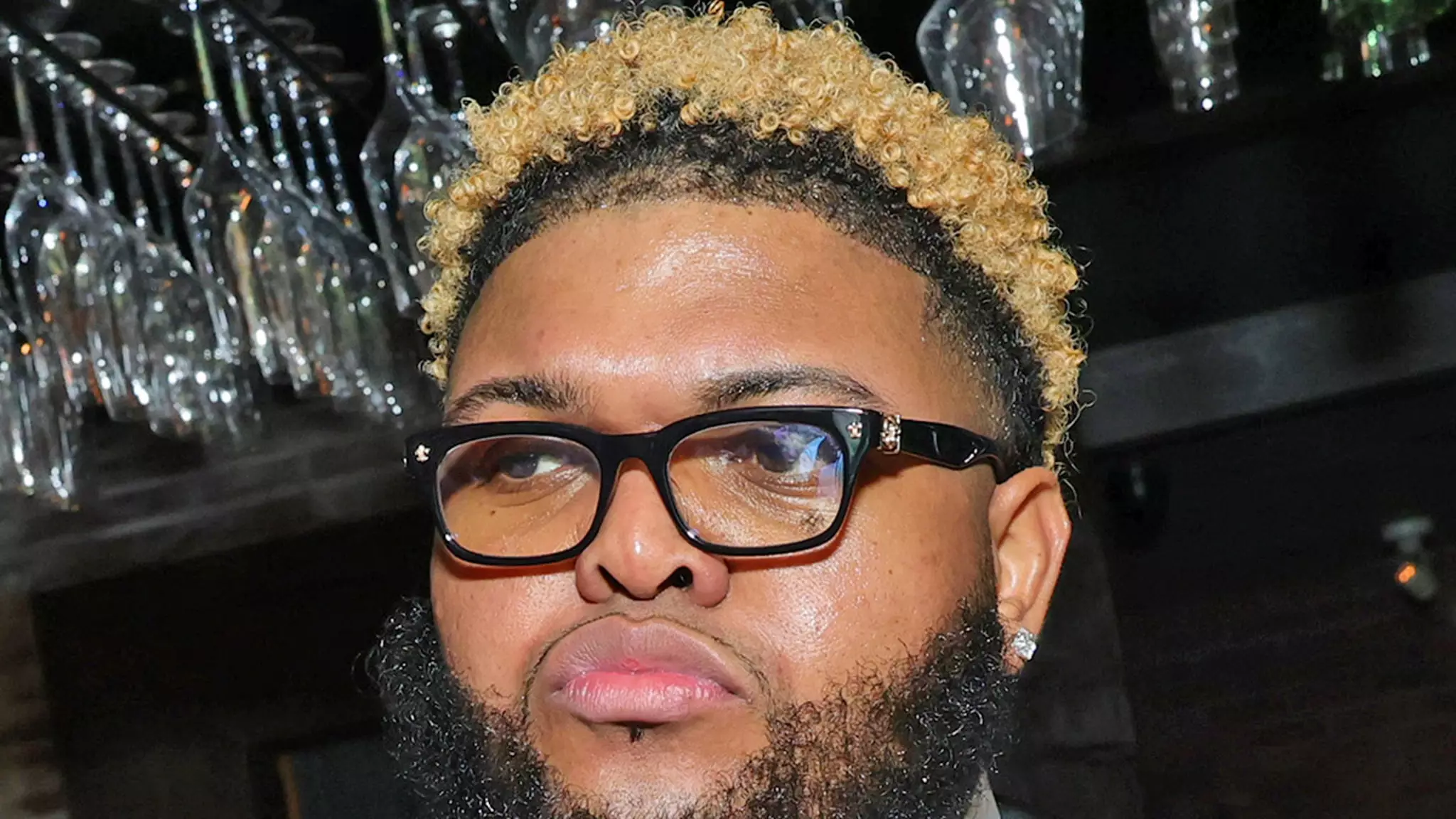In an era where public figures seem to be increasingly targeted by false allegations, comedian and actor Druski is stepping into the legal arena with a bold counter-move. Facing serious accusations from Ashley Parham, who claims Druski raped her in Northern California in 2018, he refuses to allow these allegations to define him. Instead, Druski is not only contesting the claims but also turning the spotlight on Parham’s legal representatives for what he perceives as a failure to conduct proper due diligence. By filing documents that claim to disprove her accusations, he is leveraging his own narrative and documented evidence to assert his innocence.
Unraveling the Timeline of Events
Central to Druski’s defense is a meticulously documented timeline that seeks to refute Parham’s allegations. According to Druski, evidence shows that he was in Georgia at the time of the alleged incident with evidence corroborating his whereabouts. He points out that he has both phone records and bank statements from March 23, 2018, indicating he was making purchases and taking calls in Georgia, a staggering 3,000 miles away from Northern California. While the impact of these material facts cannot be underestimated, what is notable is the revelation surrounding the absence of Druski’s name in what appears to be an initial police report, leaving the validity of Parham’s claims in a precarious position.
Moreover, it’s particularly compelling that Druski highlights the fact he was not even a blip on the radar of the showbiz world at that time. The comedian wasn’t wrapped up in a glitzy lifestyle but rather working multiple jobs, including waitstaff positions. This detail not only adds to his credibility but also paints a picture of a young man with aspirations rather than a celebrity caught up in a scandal.
Accountability in Legal Representation
What escalates the gravity of the situation further is Druski’s challenge against Parham’s attorneys, Ariel Mitchell and Shawn Perez. By questioning their diligence in vetting claims, Druski aims to set a precedent that legal representatives must uphold integrity in their profession. In his court filings, he asserts that the evidence to counter Parham’s allegations was publicly accessible, and he is demanding accountability from her legal team. This sets a significant benchmark for how allegations are scrutinized in the legal context, especially in cases involving public figures.
Druski’s insistence on a thorough review of evidence is not an isolated crusade; it reflects a broader dialogue within society regarding the impact of false allegations. It raises the question of how accusations can swiftly tarnish reputations and career paths — a reality that many public figures face today.
Broader Implications on Society and Media
This case is emblematic of the larger social discourse surrounding consent, false accusations, and the implications of both for victims and accused individuals alike. As Druski pursues justice and seeks to clear his name, it raises critical questions about public perception, media sensationalism, and the fragile line that exists between accountability and presumption of guilt. By challenging these narratives, Druski highlights the necessity of protecting the integrity of those who stand accused until proven otherwise.
In a world eager for quick judgments often made through social media rather than fact-based scrutiny, Druski’s courageous decision to fight back should serve as a powerful reminder of the importance of due process and the principle that one is innocent until proven guilty.

